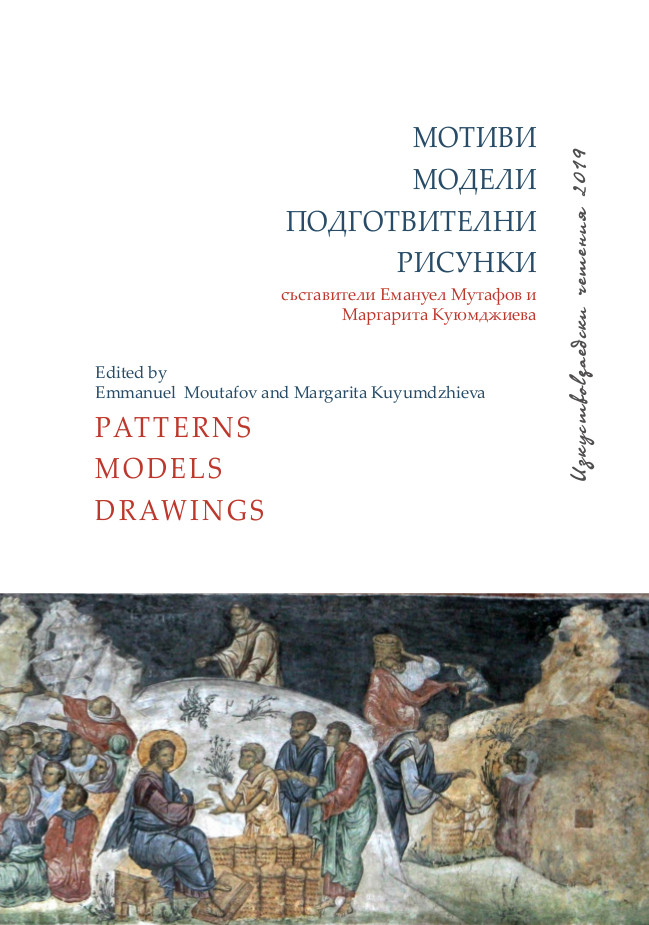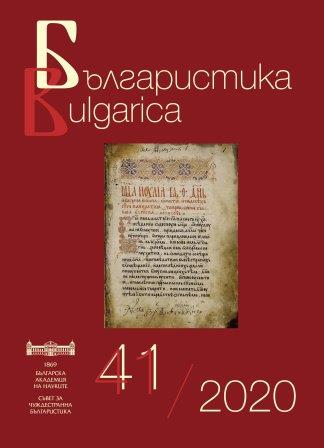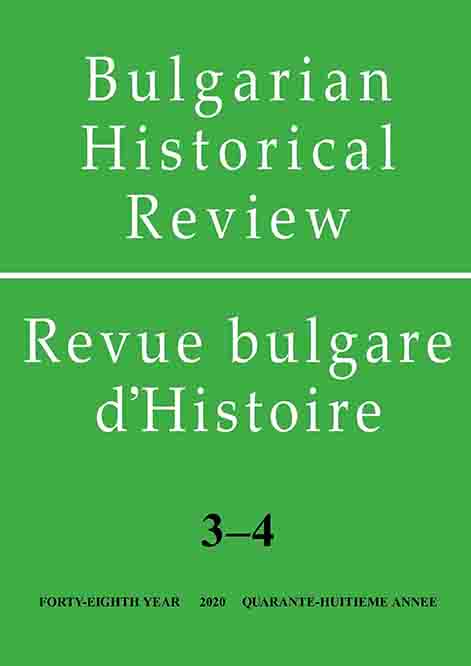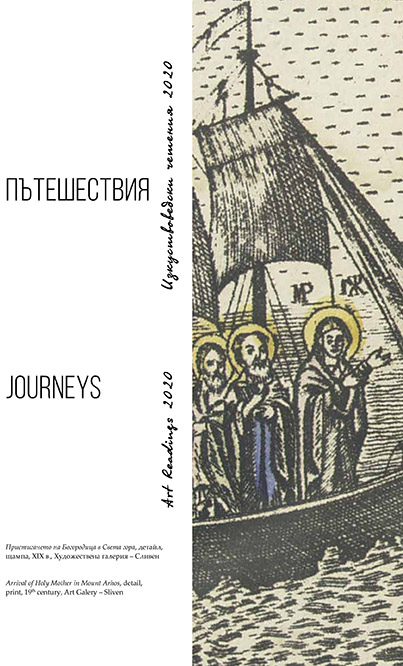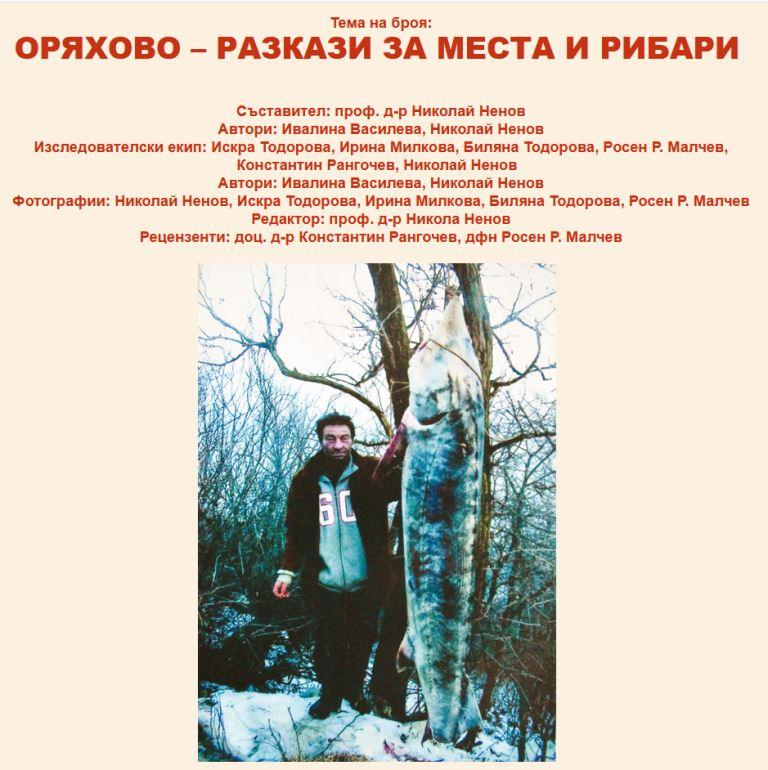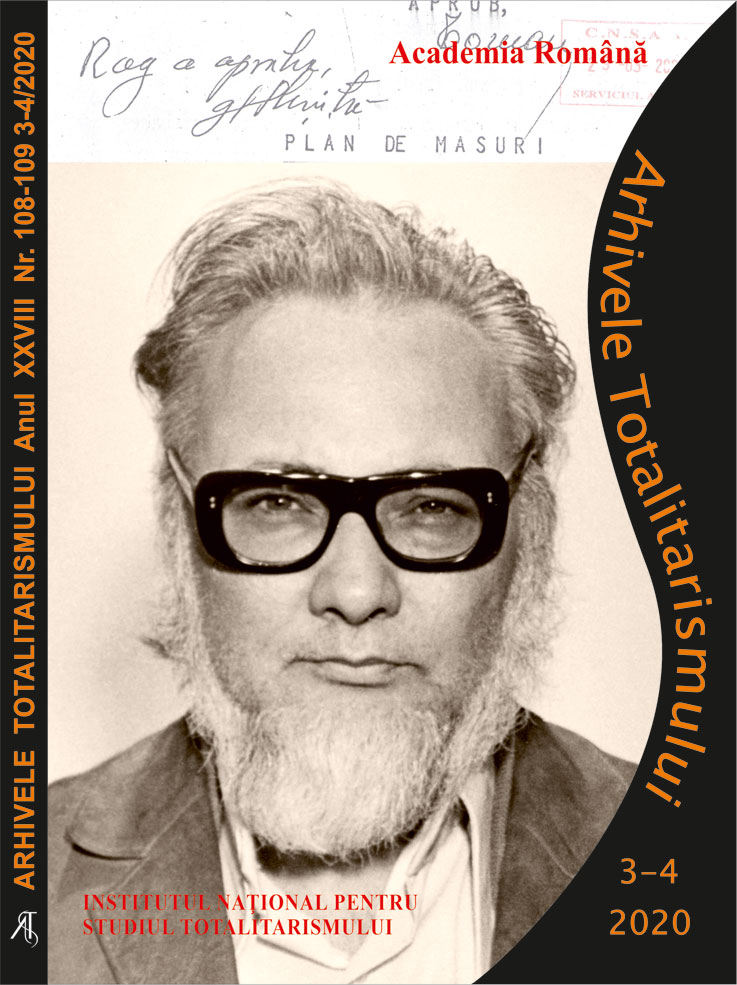Author(s): Nikolai Nenov / Language(s): Bulgarian
Issue: 18/2020
Local communities function as dynamic living organisms. Their existence is in balanced forms; therefore, the local names, along with the ancient language forms and nominations reveal also the modern dimensions of space. Toponyms contain the historical memory of Oryahovo and its area and of the people living there. They contain real and imagined events and remain therefore important for the people here regardless of the time that has passed and the changes that have happened. The toponyms that were collected have a distinct presence of Turkish and Wallachian names that were mostly inherited. The names given in modern times are on the basis of the Bulgarian language. The local names describe a situation that should be recorded because it reflects an earlier way of life the names in which represent its spatial delineation. Today, part of what has been preserved and recorded can be recognized only in the present publication; that is the reason why the registered onyms tell the history of the area. Part of that history is the locality named Stalbat (The Pole), a 30 m iron pole transferring electricity from the Kozloduy Nuclear Power Station to Romania. There are no electrical wires across the river any longer, and the poles are part of the memory of a period in the past. “The Romanians take care of their pole. They repainted it last year, while ours is all rust, forgotten” (St. M.). That peculiar token of the era manifests its capacity to use familiar shapes and places to construct the inhabited place. Similar functions can be seen in Esperanto Island on the Danube. It is not that much because of its exotic name but rather because of the practiced models of everyday life and entertainment well known to everybody in the area. In the socialist era, there was a restaurant on the island where they organized parties and Neptune celebration events. That made it a local emblem, related at the same time with modernization practices and active life on the Danube. The young Chateau Bugrozone winery is a significant element of the modern economy. The establishment has even marked its territory with signs showing the beginning and the end of the place where it is. Making unquestionable quality wine, it is nearly invisible in the life of the town. The vineyards are referred to as “the old fame of Oryahovo” (MM); nevertheless, the winery is not mentioned in any of the interviews with the local people. Most probably, that indicates non-matching audiences and a failure in assigning meaning to the local products. Fish and fishermen are an essential component of the culture of this area, and there are a relatively large number of people and places related to the river and the fishing in it. Their stories describe surroundings and a lifestyle showing intangible cultural heritage elements. The present research dwells on the fishing community, with a comprehensive examination of the multitude of components that build the community, and its links with the town and the area. The examination includes the shape of the gravestones in the area as well as the images of the heritage specific to Oryahovo. Field ethnographic studies of particular areas normally evolve in efforts to identify the special ethno-cultural traits of the local population. The former administrative structures, known as counties, are often used to mark the scope of a research. In the Post-Liberation period, counties were formed largely on the basis of the logic of the natural pre-modern life of the local communities forming their own market centers, or towns that turned into their centers. Oryahovo was also a county centre that encompassed territories of the contemporary municipalities of Oryahovo and Kozloduy. The strategic development of the town was promoted by the inauguration of the Cherven Bryag-Oryahovo railway. Although narrow-gauge, that line was sufficient to link the area to the central section of Northern Bulgaria, hence to the capital city and other cities. Oryahovo does not have a direct communication with a large urban centre because there is none at a small distance, not even on the northern side of the river. Its existence therefore has been related to the traditional communication with the neighboring settlements with which it built a joint nomination system, as seen in the toponym research made by Ivalina Vasileva. The Danube River, along with land farming, has been and still is the main business potential of the area where the port and the fishing are the livelihood of many of the local people. We will add here a number of ship mills built by Hungarian migrants; knowing the technology of setting up such facilities on the Middle Danube, they transferred them to the Bulgarian section of the river. Their presence was impressive for the local population. Therefore, the ship mills have remained in the toponym picture of the area despite the fact that nobody remembers them any longer. Territory-based research today is just one of the approaches to research work today. Today, we have a variety of approaches to choose from. We will also include the story of the cultural landscape and the ideas of what heritage is for the local communities in order to outline past and modern cultural tradition forms, and the system of transferring knowledge and values revealing the unity between man and nature. In this particular case there is a specific cultural space; reading it through the “Locus and Universum” (Zhivkova, Zhivkov 2001) will enable us to see what unites people rather than what separates people. The progress of our exploration – along with the recorded names of localities and sites, and those mentioned in the numerous interviews – will reveal the local names that everybody knows, shared spaces and topoi that have become visual memory markers, parts of the town and segments of the river related to the local knowledge, cultural practices, fishing skills or local cuisine. That way, the simultaneous existence of elements will be outlined, and the territory markers – characters, heroes, places of memory, market places and roads – will stand out. We will see, in its full variety of colors, the ethnological picture of the area. The research of the area toponyms and the fishing communities on the Danube does not present images of the daily life and the culture of the constellation of town-dominated settlements that make the area of Oryahovo. The research aims at focusing on the cultural heritage of this area, on the valorized forms of the past systematic realization of pre-modern culture linked to folklore beliefs and Christian ideas that are equally known in by village and town people. They are the factors that help today's residents in Oryahovo area to recognize their own local nature and individuality in the places they live in, the food they eat, the celebrations with which they want to show they are different from everybody else, or in their skills and knowledge about the river and the wild life in it. These places of memory and forms of inherited knowledge, emblematic in their manifestation, have become today local heritage that can be found in the daily life and the celebrations of the people in the Oryahovo area; that is what they need in order to distinguish their identity in the dynamic changes in our modern world. SOURCES: Zhivkova, Zhivkov 2001: Zhivkova, V., T. Iv. Zhivkov. Lokus i universum. Dobrodan, planinata – mitologia i .... Pub. “Alya”, Sofia.
More...
